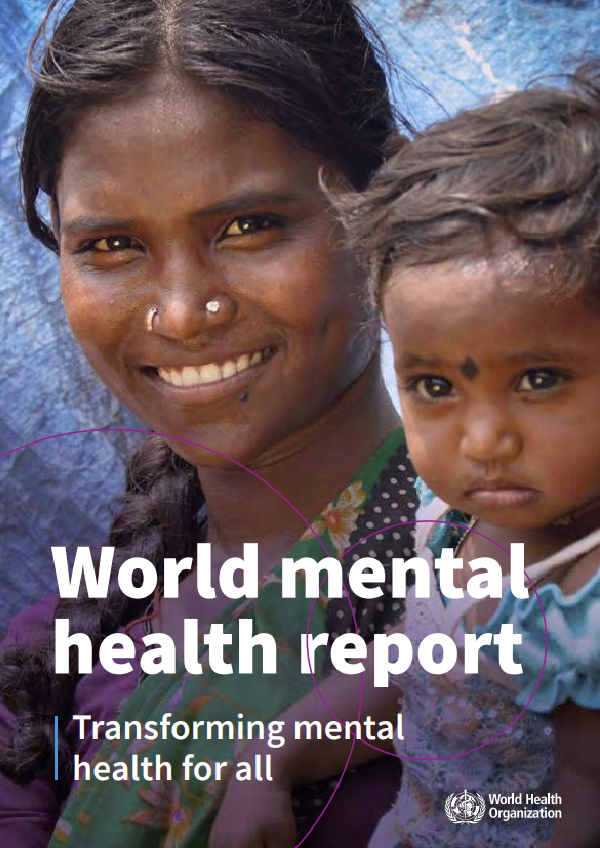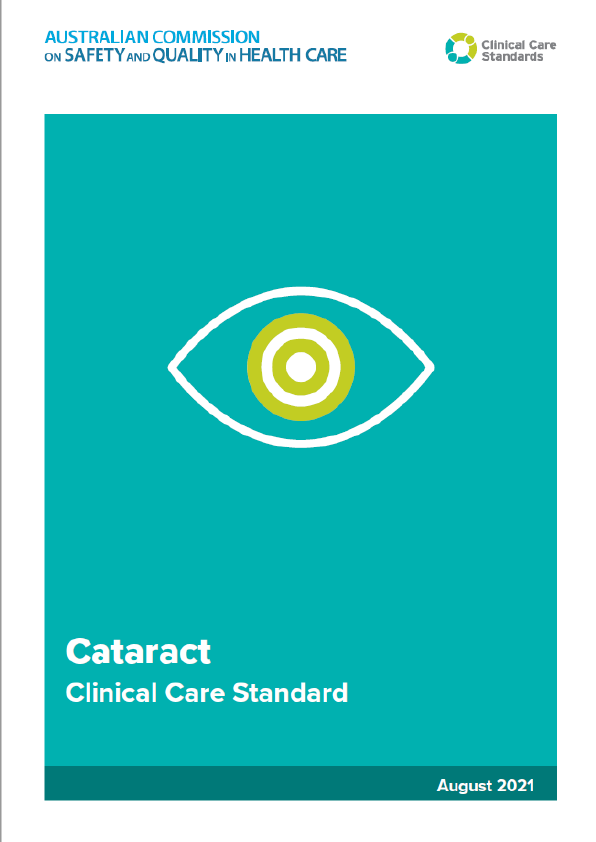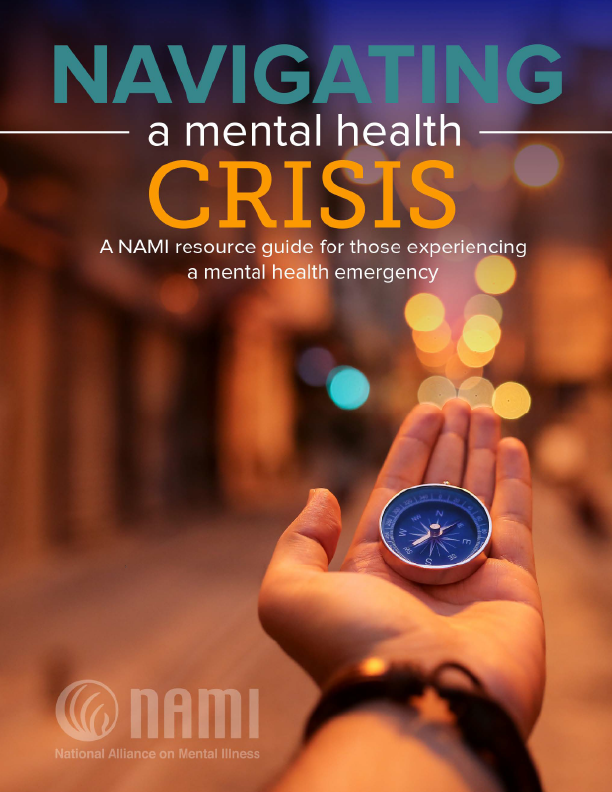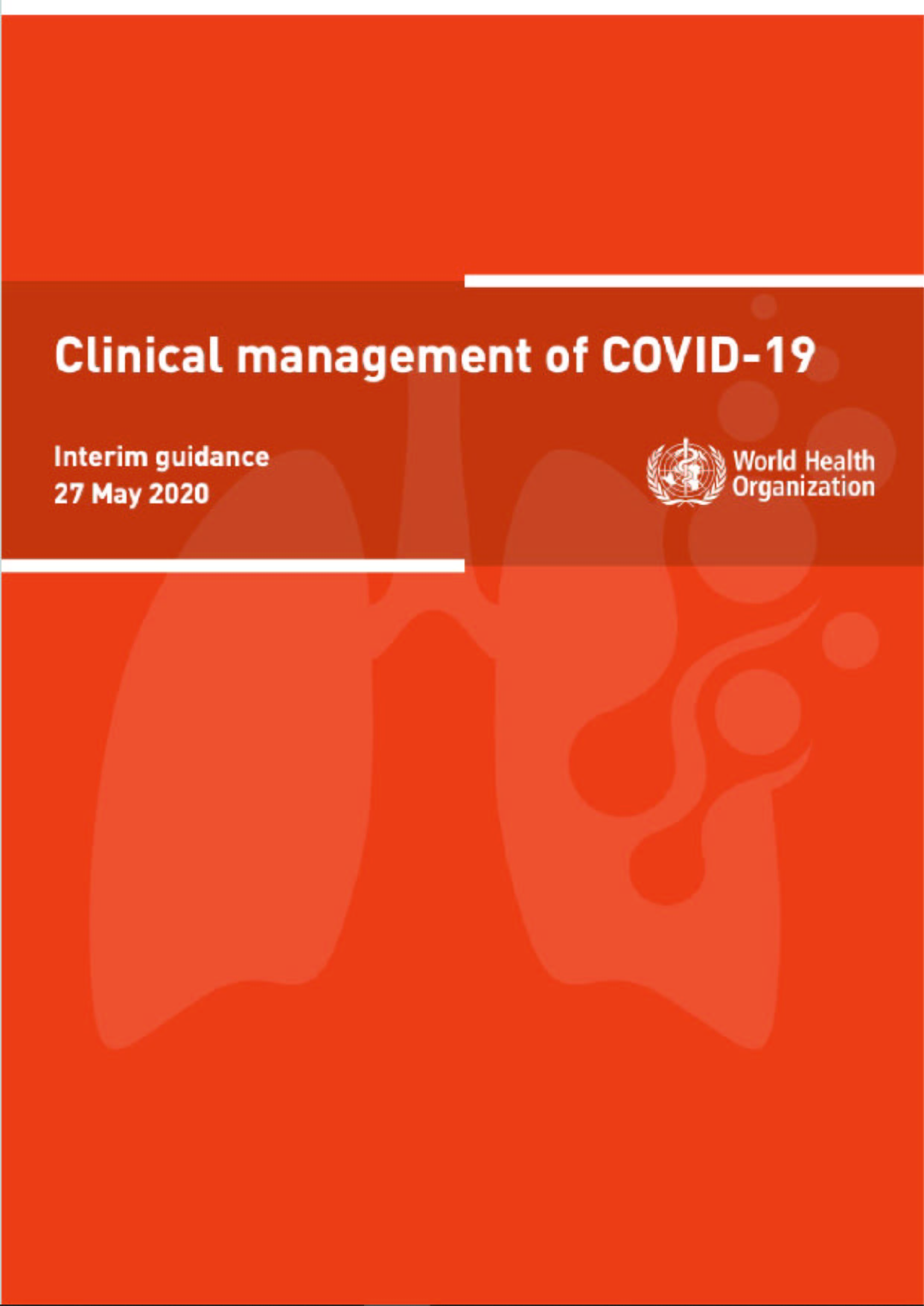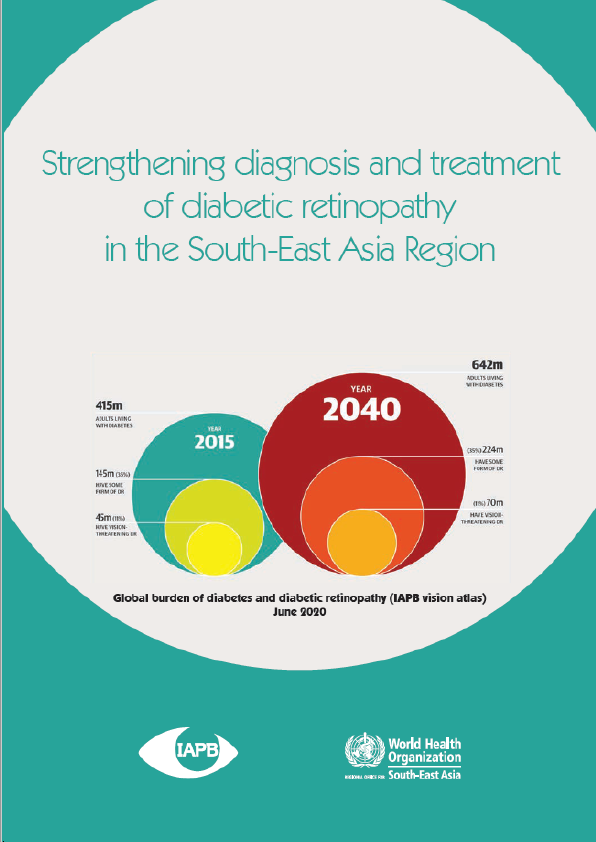Mental health is critically important to everyone, everywhere. All over the world, mental health needs are high but responses are insufficient and inadequate. The World mental health report: transforming mental health for all is designed to inspire and inform better mental health for everyone everywhere. Drawing on the latest evidence available, showcasing examples of good practice from around the world, and voicing people’s lived experience, it highlights why and where change is most needed and how it can best be achieved. It calls on all stakeholders to work together to deepen the value and commitment given to mental health, reshape the environments that influence mental health, and strengthen the systems that care for mental health.
A world report to inspire and inform change.
Twenty years after WHO published its landmark The world health report 2001: mental health – new understanding, new hope, the recommendations made then remain valid today.
Yet many advances have been made. Interest in and understanding of mental health has increased. Many countries have established, updated and strengthened mental health policies or plans. Advocacy movements have amplified the voices of people with lived experience of mental health conditions. Informed by research, the field has advanced technically. Numerous practical, evidence-based mental health guidelines, manuals and other tools are now available for implementation.
WHO Member States adopted the Comprehensive mental health action plan 2013–2030. They committed to meet global targets for improved mental health. These were focused on strengthening leadership and governance, community-based care, promotion and prevention, and information systems and research.
But WHO’s latest analysis of country performance against the action plan shows that progress has been slow. For most of the world, the approach to mental health care remains very much business as usual. The result? Mental health conditions continue to exact a heavy toll on people’s lives, while mental health systems and services remain ill-equipped to meet people’s needs.
In the meantime, global threats to mental health are ever present. Growing social and economic inequalities, protracted conflicts, violence and public health emergencies threaten progress towards improved well-being. Now, more than ever, business as usual for mental health simply will not do.
This report is designed to inspire and inform the indisputable and urgent transformation required to ensure better mental health for all. While promoting a multisectoral approach, this report is especially written for decision-makers in the health sector. This includes ministries of health and other partners in the health sector who are generally tasked with developing mental health policy and delivering mental health systems and services.
Mental health is critically important for everyone, everywhere.
Mental health is an integral part of our general health and well-being and a basic human right. Having good mental health means we are better able to connect, function, cope and thrive. Mental health exists on a complex continuum, with experiences ranging from an optimal state of well-being to debilitating states of great suffering and emotional pain. People with mental health conditions are more likely to experience lower levels of mental well-being, but this is not always or necessarily the case.
At any one time, a diverse set of individual, family, community and structural factors may combine to protect or undermine our mental health and shift our position on the mental health continuum. Although most people are remarkably resilient, people who are exposed to unfavourable circumstances – including poverty, violence and inequality – are at higher risk of experiencing mental health conditions. Risks can manifest themselves at all stages of life, but those that occur during developmentally sensitive periods, especially early childhood, are particularly detrimental. Protective factors similarly occur throughout our lives and serve to strengthen resilience. They include our individual social and emotional skills and attributes as well as positive social interactions, quality education, decent work, safe neighbourhoods and community cohesion, among others.
Because the factors determining mental health are multisectoral, interventions to promote and protect mental health should also be delivered across multiple sectors. And when it comes to providing care, a multisectoral approach is similarly needed because people with mental health conditions often require services and support that extend beyond clinical treatment.
Mental health risks and protective factors can be found in society at different scales. Local threats heighten risk for individuals, families and communities. Global threats heighten risk for whole populations and can slow worldwide progress towards improved well-being. In this context, key threats today include: economic downturns and social polarization; public health emergencies; widespread humanitarian emergencies and forced displacement; and the growing climate crisis.
Among its many impacts, the COVID-19 pandemic has created a global crisis for mental health, fuelling short- and long-term stresses and undermining the mental health of millions. For example, estimates put the rise in both anxiety and depressive disorders at more than 25% during the first year of the pandemic. At the same time, mental health services have been severely disrupted and the treatment gap for mental health conditions has widened.
